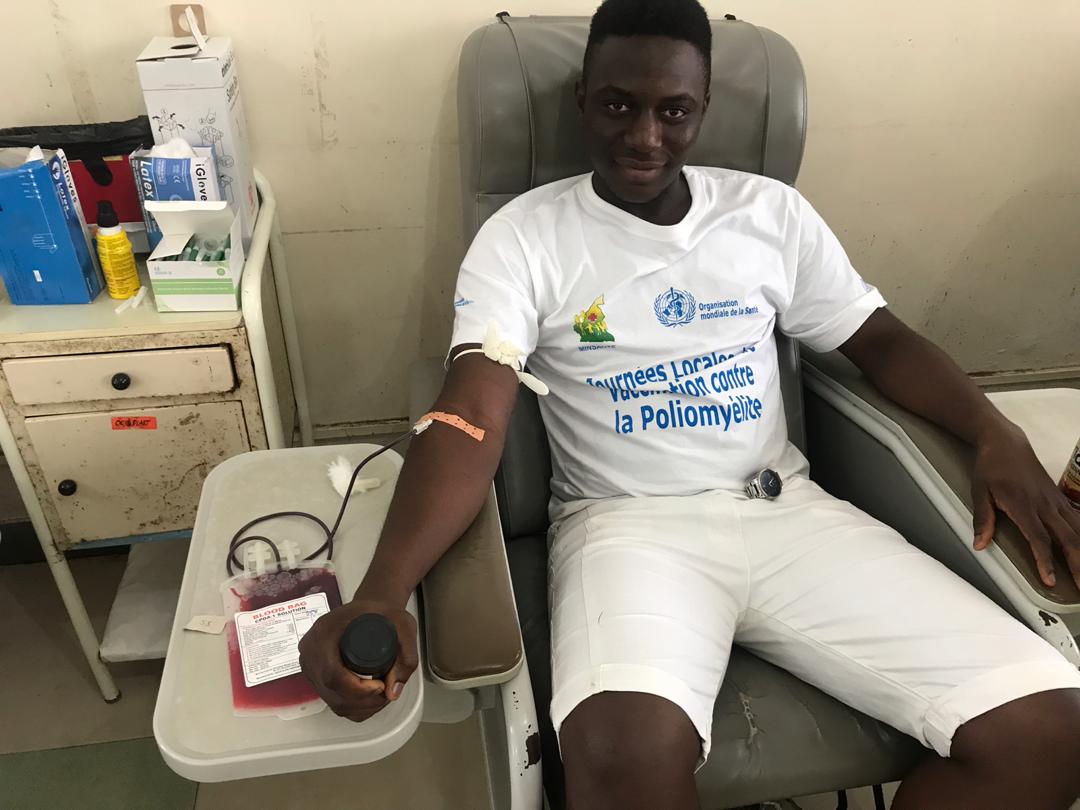Blood Donation Campaign 2021
1.) Why should people donate blood?
Blood is in constant demand for the treatment of cancer patients, accident victims, or patients with a bleeding disorder such as hemophilia among others. Many surgical operations would not be possible without the availability of blood. Also, with the wave of terrorism, bomb blasts, suicide bombing, etc., there is now a serious demand for blood to treat emergency cases.
2.) How much blood will be taken? Will I have enough?
The volume of blood taken is about 450 milliliters, less than 10% of your total blood volume (the average adult has 4.5 to 5 liters of blood). Your body will replace the lost fluid within about 36 hours.
3.) Is giving blood safe?
Yes. Remember that you will only be accepted as a blood donor if you are fit and well. The instruments used to collect blood come in a sterile pack that cannot be reused, so the process is made safe.
4.) Does it hurt?
Just squeeze the inside of your elbow tightly and you will get a quick idea of what the needle feels like. Blood donation is very safe and any discomfort or problem during or after donating is very uncommon.
5.) Who can give blood, and how often?
The criteria for donor selection may vary from country to country, but blood can be donated by most people who are healthy and do not have an infection that can be transmitted through their blood. The age at which people are eligible to give blood varies, but is commonly between the ages of 17 and 55. Some countries accept donations from people from the age of 16 and extend the upper age limit beyond 50 years. Healthy adults can give blood regularly-at least twice a year.
6.) Who should not give blood?
You should not donate blood if:
• You are feeling unwell;
• You are anemic; low blood volume.
• You are pregnant, have been pregnant within the last year, or are breastfeeding.
• You have certain medical conditions such as heart disease, low or high blood pressure, diabetes or epilepsy;
• You are taking certain medications, such as antibiotics.





What do you think?
0 Responses
To Comment, you must Sign In
Be the First to Post on this Topic